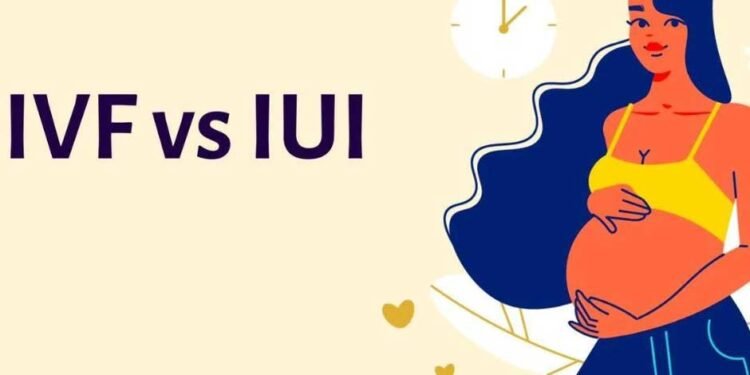When you’re planning on starting a family, the medical terminology just starts piling up. As you read about hormonal control, stress, diet and exercise, and all the specifics that contribute to fertility and fertility treatments it might be difficult to sort through everything. Understanding your options when it comes to fertility treatments is powerful for starting a family, and advocating for yourself and your understanding of these treatments is crucial. Asking questions to your doctors and fertility providers can be a great way to better understand your treatment options and how you might be able to help the process along.
Who’s Who in Fertility?
In medicine, people love to throw acronyms around. Whether it’s IVF or IUI, HBP, CT, MRI, MS, ABC, 123, there are millions of acronyms which are very helpful to clinicians and other Healthcare providers, but they often create a sort of language barrier between patients and doctors. Here you will learn the difference between IVF and IUI, so that you can be more comfortable with these two fertility treatments to better understand the processes and what it might look like for you. Of course, speaking with your physician or fertility provider should always be the first step before committing to a treatment plan.
In-Vitro Fertilization (IVF)
In-Vitro Fertilization or IVF is a great innovation of the 20th century, the idea that you could take an egg from the woman’s uterus, and implant sperm, then reintroduce the embryo to the mother’s womb revolutionized fertility treatments. The process of growing an embryo in the lab is a little bit more complicated than those few steps, and we encourage you to do your own research and determine whether it might be right for you.
Intrauterine Insemination (IUI)
Intrauterine insemination or IUI is another method of fertilization that you can consider. It’s a bit less involved than IVF as there are no lab grown embryos involved. IUI is a little bit more like natural fertilization, but with a bit of extra help from a physician. With IUI, sperm is directly injected into the uterus which might then be able to encounter an egg more easily than would otherwise be possible. IUI is often a great first step before trying IVF, as it’s less expensive, most physicians recommend trying IUI before IVF to see if this form of conception is possible.
Which is better, IVF or IUI?
In general, it’s not a question of whether IVF or IUI is better, but rather the question of when you should try IVF after trying IUI. There are some conditions which could complicate the question of IVF versus IUI including polycystic ovarian syndrome (PCOS) and endometriosis, but these questions can be answered by a trusted fertility specialist. Physicians will likely recommend that you start with IUI for 3 to 6 rounds, and then they may recommend IVF after the IUI treatments have happened. Medical interventions in fertility treatments have greatly improved in the past few years, and working closely with your doctors, your bodies, and the natural timeline of things means that for many couples IUI is the only fertility treatment needed, but IVF remains a solution where necessary.












